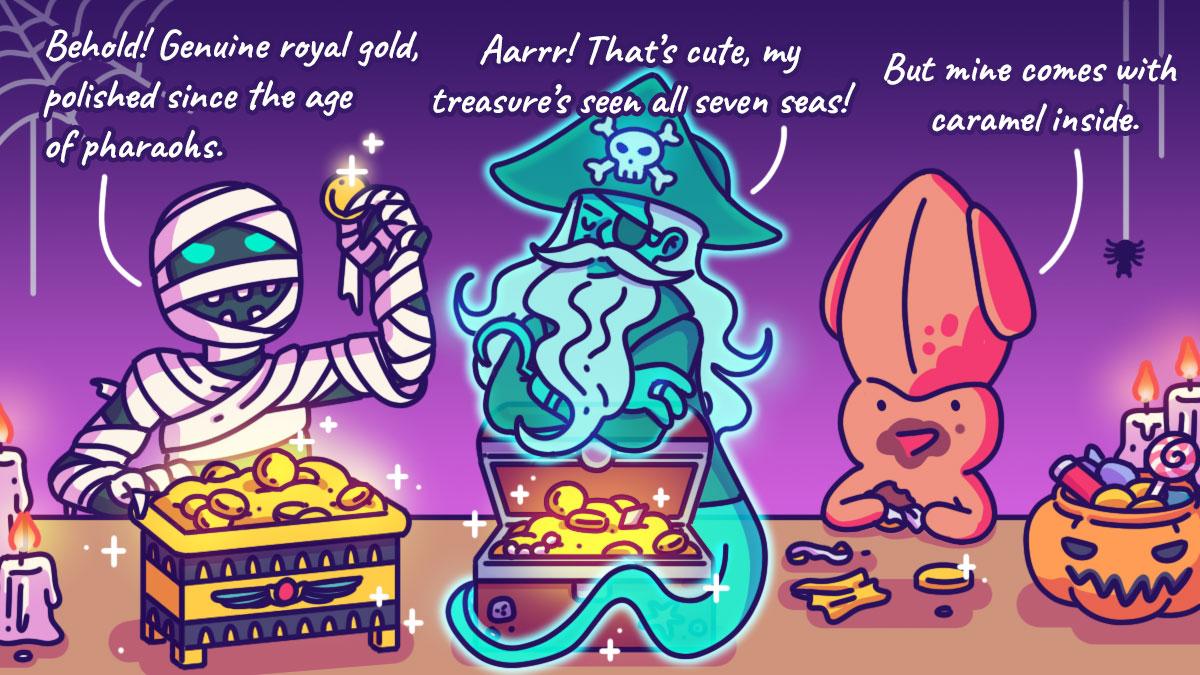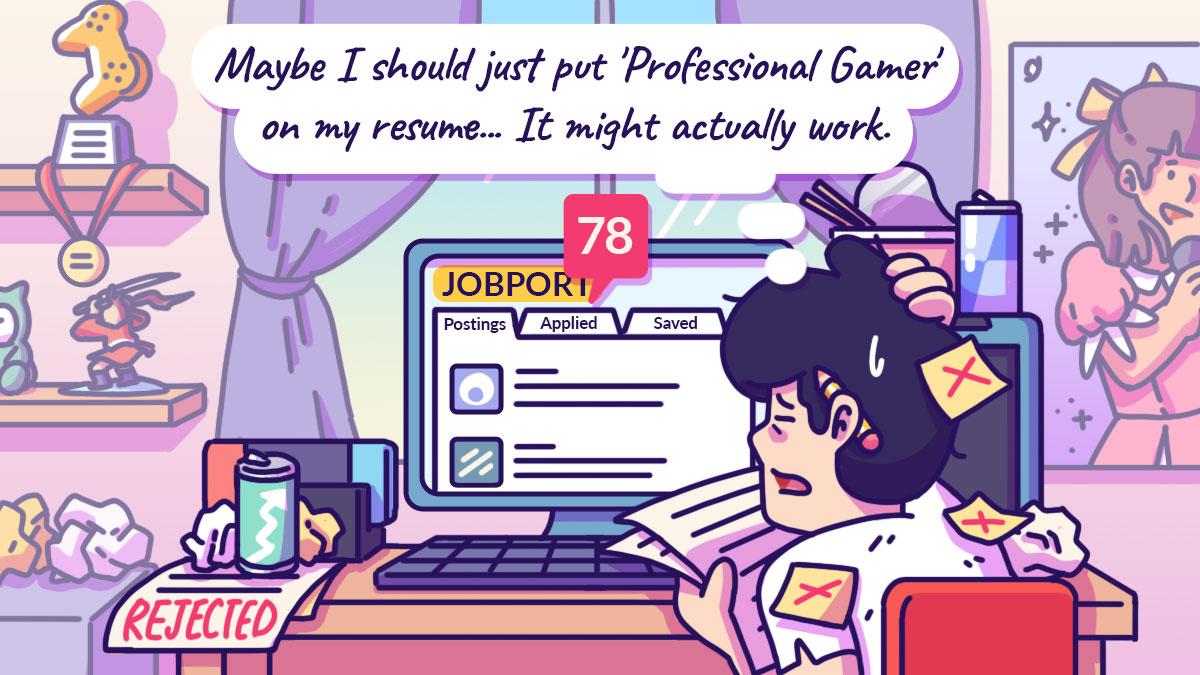Gold coins are a simple way to invest in something tangible, something you can store, see, and be proud of.
But for many first-time collectors, the real challenge isn’t choosing the prettiest design, it’s making sure the coin is genuine.
With so many online shops and resellers out there, figuring out who’s truly legitimate and who just looks convincing can be tricky. Get it wrong once, and you’re not just losing money, you’re also losing the confidence to try again.
So before you trade your cash for a bit of gold shine, it’s worth knowing where and how to buy safely.
How do you know if your gold dealer’s legit?
Before you click “buy”, there are a few key things worth checking.
1. Always ask for the paperwork
First and most importantly make sure the coin comes with an official certificate.
A genuine gold coin usually includes:
- A serial number and refinery certificate
- Purity information (for example, 999.9)
- Accurate weight as per specification
Trusted sellers will always be able to show proof of authenticity and the refinery’s origin.
Some reputable names include The Singapore Mint (Singapore), ANTAM (Indonesia), and Public Gold (Malaysia), or global refiners accredited by the London Bullion Market Association (LBMA), such as PAMP Suisse and Valcambi. If a seller can’t clearly show documentation or origin details, that’s a red flag.
Reliable dealers also tend to have physical outlets and official websites displaying their products transparently, with clear photos, specifications, and prices that follow market trends.
Take Noguchi Coin, for instance – a Japanese brand that recently opened a pop-up store at Jewel Changi Airport, Singapore.
The brand has a physical location in Japan and recently expanded its presence in Singapore. Buyers can view coins up close, verify certificates, and make payments through official channels.
2. Know your gold’s worth before you buy
Before buying, check daily market prices on trusted sources like the World Gold Council or BullionVault which regularly share insights on global gold trends and how to avoid scams.
Knowing the fair price range keeps you from falling for deals that sound a little too perfect.
Gold coin prices are often slightly above the “spot” gold price due to minting and dealer margins. But if the difference is way too big, it’s worth questioning.
3. Don’t risk it, pay and ship safely
It might sound simple, but how you pay can make or break a safe transaction.
Always use traceable payment methods, such as debit/credit cards or transfers to a verified business account.
Avoid personal accounts or sellers who don’t list a valid business registration. Doing so can put you at a higher risk of fraud. Verified businesses usually offer clear contact information, official registration details, and a track record of trustworthy transactions, giving you some recourse if something goes wrong.
Also, ask whether the shipment is insured. Credible sellers typically cover full delivery risk until the item reaches you. If you see a “buyer’s risk only” clause, that’s your cue to reconsider.
4. Look beyond the price tag
Each seller has different rules for shipping fees, insurance, and minimum purchase amounts. Some only deliver within certain areas or require in-person collection.
If you’re buying online, make sure the website clearly explains delivery policies. Don’t forget to read customer reviews, sometimes that’s where you’ll spot the truth about a shop’s reliability.
Also, pay attention to what types of coins they sell. Reputable dealers usually focus on official products such as the Maple Leaf, Britannia, or Krugerrand series, or local releases from Public Gold and ANTAM.
If a seller showcases too many “rare editions” without proper details and asks for a hefty deposit, proceed with caution.
When the gold ain’t real
We live in a time where almost anything can be sold online, including counterfeits. And gold coins are no exception.
In collector forums, you’ll often find stories of people who only realised their coin was fake after sending it for grading. Others bought through international marketplaces offering “discounts”, only to receive regular metal replicas.
Gold scams today are getting increasingly sophisticated. Here’s what they often look like:
- Fake coins or bars: cheap metals coated in gold and stamped to appear official.
- Unrealistic pricing: sellers marking up far above market rates or selling too cheaply to lure buyers.
- Forged certificates: genuine gold paired with fake papers, or the other way around.
- Pressure to buy quickly: the classic “limited stock” or “price goes up tomorrow” tactic to stop you from verifying first.
In short, if an offer sounds too good to be true, it probably is.
Because peace of mind shines brighter than gold
Buying gold coins isn’t about who owns the rarest coin, it’s about knowing exactly what you’re buying. With more options out there than ever, remember the core principles: transparency, authenticity, and safety.
Prices may rise and fall, designs may change, but trust is a long-term investment. And once you know what to look for (and what to avoid), you can enjoy that golden glow while admiring your stash.











